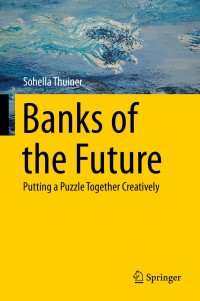Question
11. The NPV and payback period What information does the payback period provide? Payback period essentially provides the number of years it would take for
11. The NPV and payback period
What information does the payback period provide?
Payback period essentially provides the number of years it would take for a project to recover the initial investment from its operating cash flows. As the model was criticized, the model evolved incorporating time value of money to create the discounted payback method. The models still reflected faulty ranking criteria but they provided important information about liquidity and risk.
Cash flows expected in the distant future are --------(less/more) risky than cash flows received in the near-termwhich suggests that the payback period can also serve as an indicator of project risk.
Suppose Omni Consumer Productss CFO is evaluating a project with the following cash inflows. She does not know the projects initial cost; however, she does know that the projects regular payback period is 2.5 years.
| Year | Cash Flow |
|---|---|
| Year 1 | $375,000 |
| Year 2 | 450,000 |
| Year 3 | 425,000 |
| Year 4 | 500,000 |
If the projects weighted average cost of capital (WACC) is 10%, what is its NPV?
$319,319
$285,706
$336,125
$369,738
Which of the following statements indicate a disadvantage of using the discounted payback period for capital budgeting decisions? Check all that apply.
The discounted payback period does not take the time value of money into account.
The discounted payback period does not take the projects entire life into account.
The discounted payback period is calculated using net income instead of cash flows.
Step by Step Solution
There are 3 Steps involved in it
Step: 1

Get Instant Access to Expert-Tailored Solutions
See step-by-step solutions with expert insights and AI powered tools for academic success
Step: 2

Step: 3

Ace Your Homework with AI
Get the answers you need in no time with our AI-driven, step-by-step assistance
Get Started


